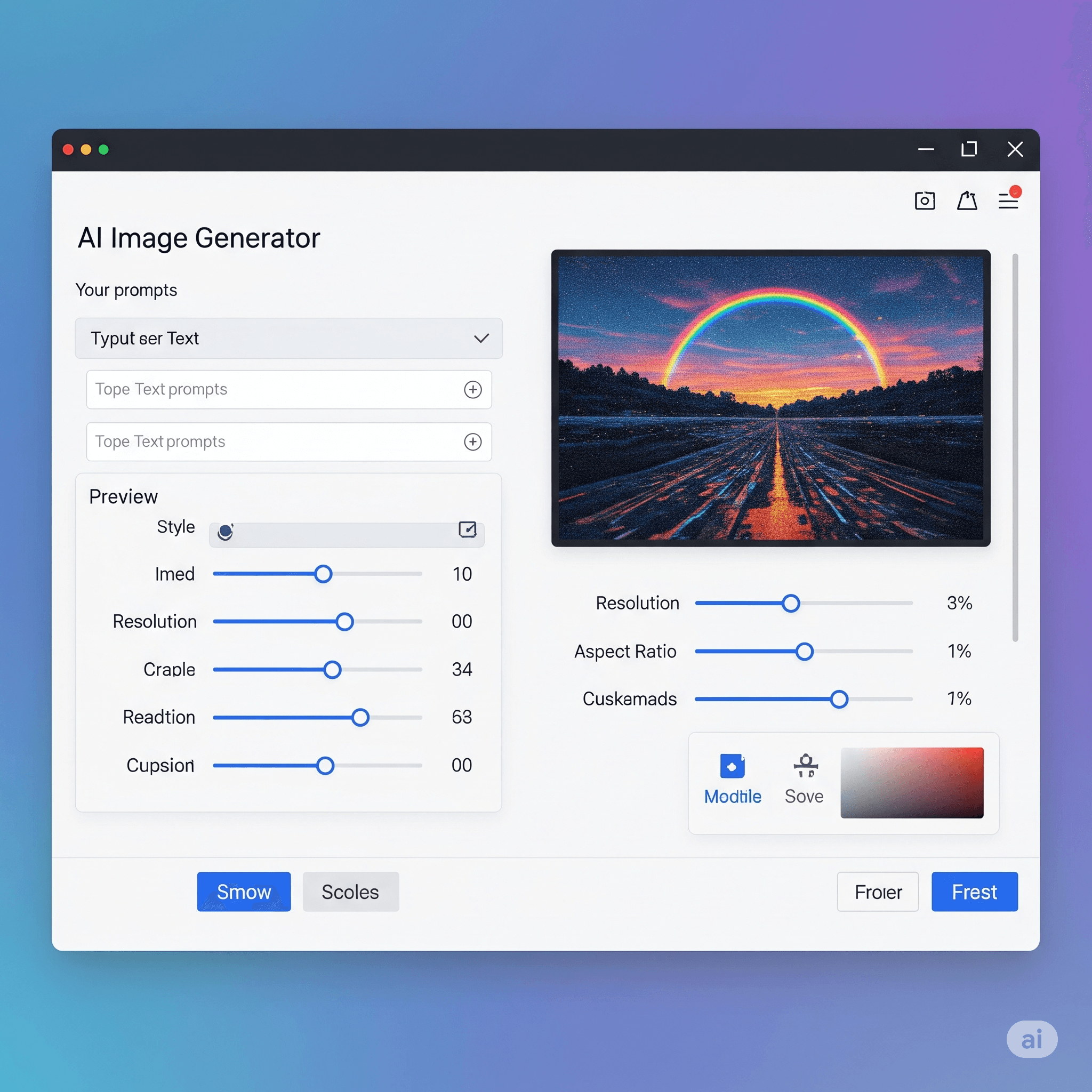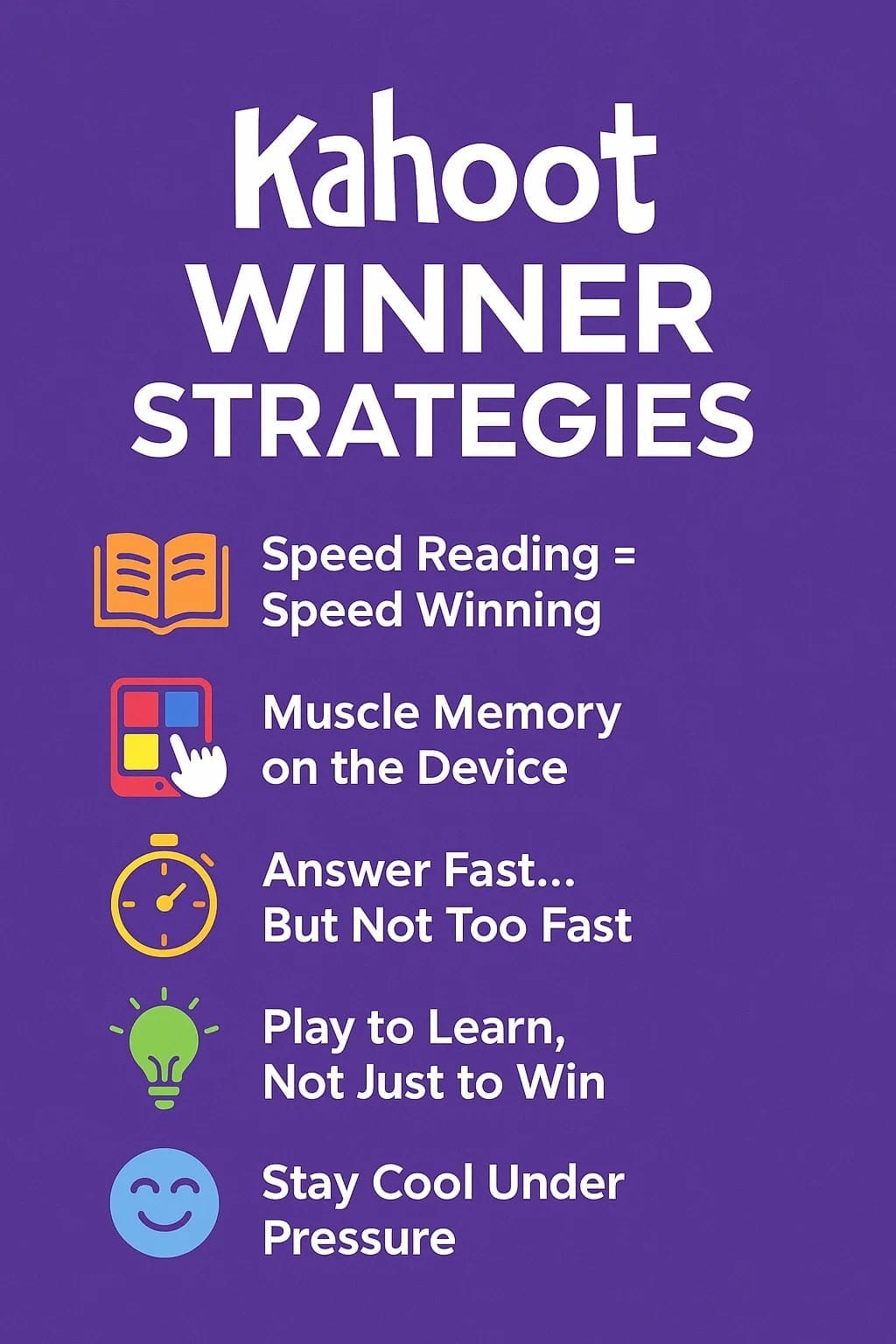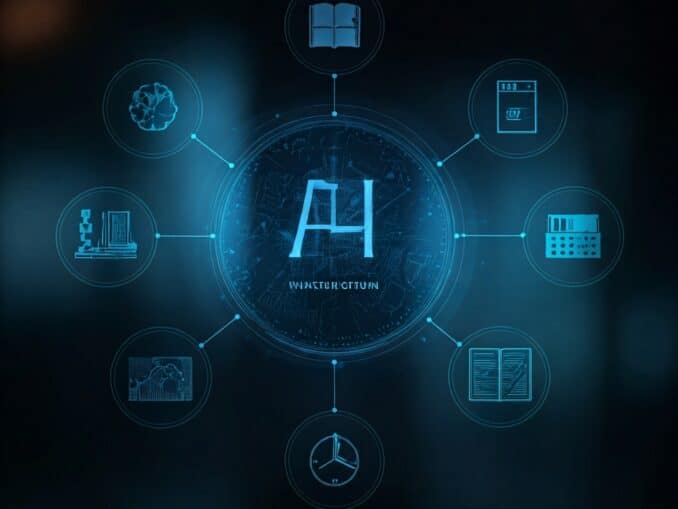Question: Computers, combine both measuring and counting, are called :
Answer:
Computers that combine both measuring and counting capabilities are often referred to as hybrid computers.
Hybrid computers are designed to leverage the advantages of both analog and digital technologies. They incorporate analog components for measuring and processing continuous signals, as well as digital components for counting, storing, and processing discrete data.
In a hybrid computer system, the analog components are used for real-time data acquisition, conversion, and processing of analog signals, while the digital components handle the discrete operations and data processing. This combination allows for efficient handling of tasks that require both precise measurements and complex calculations.
Hybrid computers have been used in various applications, including scientific research, engineering simulations, process control systems, and data analysis. They are particularly useful in scenarios where real-time monitoring, control, and analysis of continuous signals are essential, along with the ability to perform complex calculations and data manipulation.
It's worth noting that with advancements in digital technology, the need for hybrid computers has decreased in many domains. Digital computers have become more capable of handling tasks that were traditionally performed by hybrid computers. However, in specific applications that involve a significant amount of analog signal processing or real-time control, hybrid computers may still be employed to leverage the benefits of both analog and digital technologies.
MCQ: Computers, combine both measuring and counting, are called :
Explanation:
Computers that combine both measuring and counting capabilities are often referred to as hybrid computers.
Hybrid computers are designed to leverage the advantages of both analog and digital technologies. They incorporate analog components for measuring and processing continuous signals, as well as digital components for counting, storing, and processing discrete data.
In a hybrid computer system, the analog components are used for real-time data acquisition, conversion, and processing of analog signals, while the digital components handle the discrete operations and data processing. This combination allows for efficient handling of tasks that require both precise measurements and complex calculations.
Hybrid computers have been used in various applications, including scientific research, engineering simulations, process control systems, and data analysis. They are particularly useful in scenarios where real-time monitoring, control, and analysis of continuous signals are essential, along with the ability to perform complex calculations and data manipulation.
It's worth noting that with advancements in digital technology, the need for hybrid computers has decreased in many domains. Digital computers have become more capable of handling tasks that were traditionally performed by hybrid computers. However, in specific applications that involve a significant amount of analog signal processing or real-time control, hybrid computers may still be employed to leverage the benefits of both analog and digital technologies.
Discuss a Question
Related Questions
- 1. In world today, most of the computers are :
- 2. Physical structure of computer is called :
- 3. In which type of computer, data are represented as discrete signals.
- 4. Which of the following is available in the form of a PC now?
- 5. PARAM is an example of:
- 6. UNIVAC is
- 7. The basic operations performed by a computer are
- 8. The two major types of computer chips are
- 9. Microprocessors as switching devices are for which generation computers
- 10. In Reverse Polish notation, expression A*B+C*D is written as
You may be interested in:
Computer Basics MCQs






